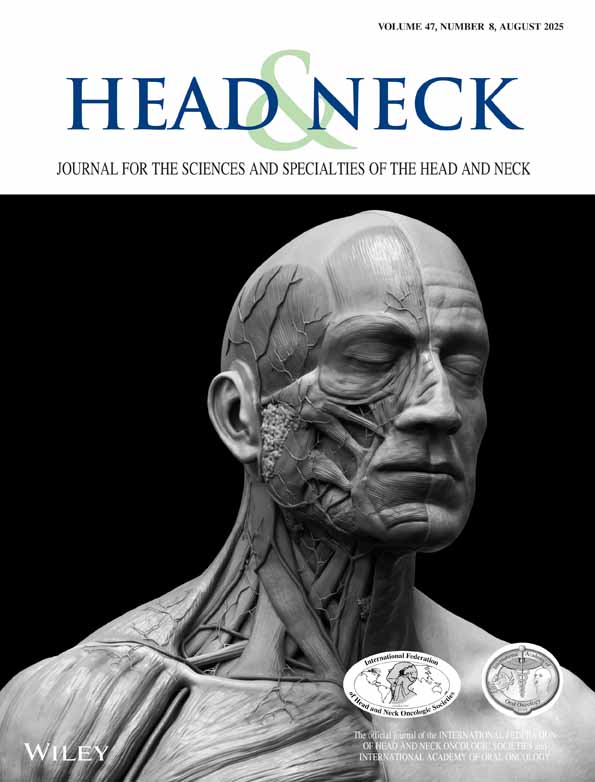Primary Ewing sarcoma of the petrous temporal bone: An exceptional cause of facial palsy and deafness in a nursling
Abstract
Background.
Primary Ewing sarcoma affecting the skull base in general and the petrous bone in particular is extremely rare with only 4 reports of Ewing sarcoma arising in the petrous temporal bone in the international medical literature.
Methods.
The authors report for the first time a case of a primary Ewing sarcoma of the petrous temporal bone in a 5-month-old nursling, which became apparent with a complete peripheral facial palsy and ipsilateral surdity.
Results.
The neoformation was treated by systemic chemotherapy and radiation of the tumor region. The diagnostic steps, therapy, and development of the child are described in detail; the literature concerning Ewing sarcoma originating from the skull in general and from the petrous temporal bone in particular is reviewed.
Conclusions.
The highlights of this case are an extremely uncommon location, an unusual age of presentation, as well as a unique set of symptoms. © 2006 Wiley Periodicals, Inc. Head Neck, 2006




